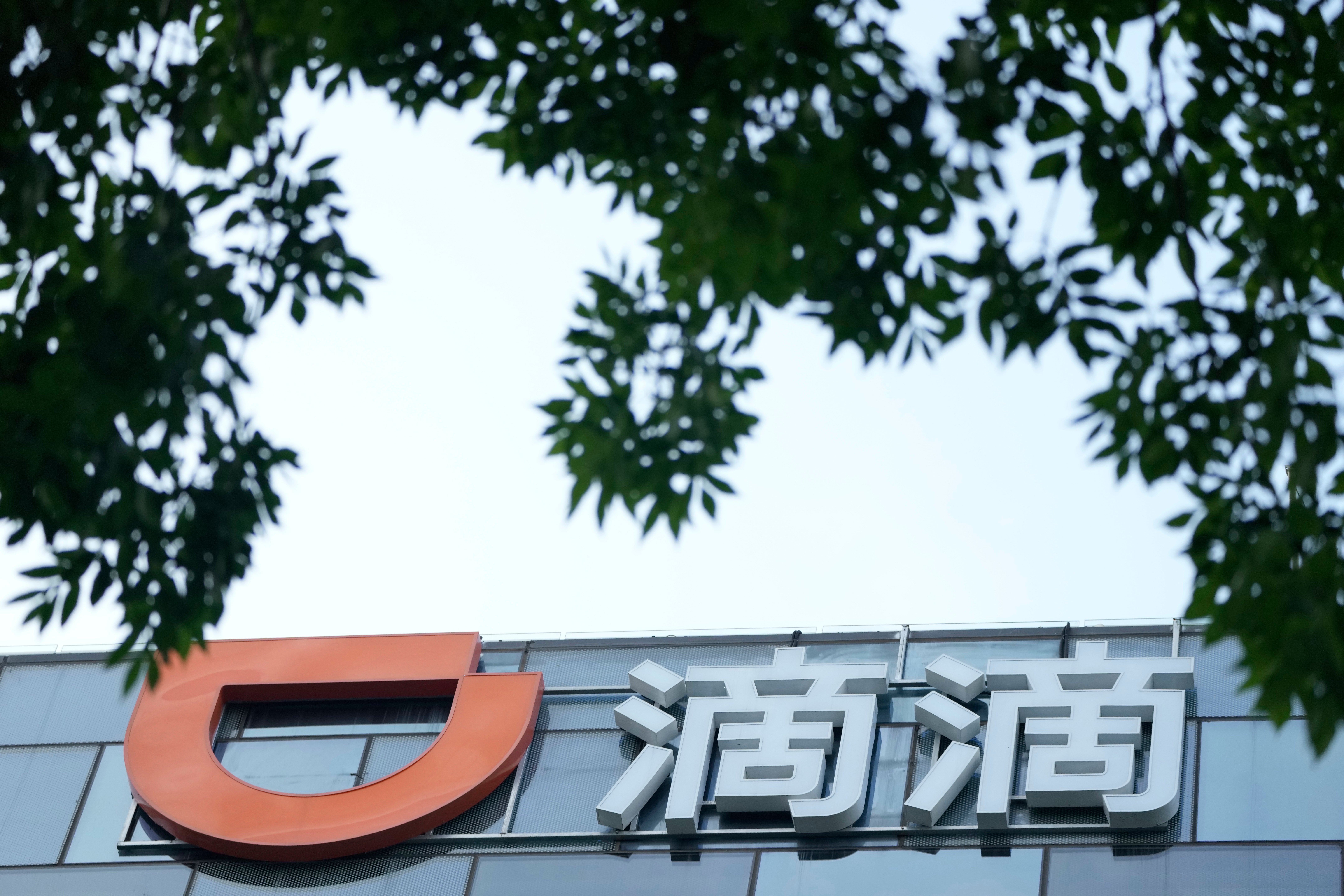China orders ride-hailing firms to correct unfair tactics
Chinese regulators have ordered ride-hailing platforms to correct unfair market tactics amid a crackdown on the internet sector that has spooked investors and shaved billions off the valuations of some of China’s biggest technology companies

Your support helps us to tell the story
From reproductive rights to climate change to Big Tech, The Independent is on the ground when the story is developing. Whether it's investigating the financials of Elon Musk's pro-Trump PAC or producing our latest documentary, 'The A Word', which shines a light on the American women fighting for reproductive rights, we know how important it is to parse out the facts from the messaging.
At such a critical moment in US history, we need reporters on the ground. Your donation allows us to keep sending journalists to speak to both sides of the story.
The Independent is trusted by Americans across the entire political spectrum. And unlike many other quality news outlets, we choose not to lock Americans out of our reporting and analysis with paywalls. We believe quality journalism should be available to everyone, paid for by those who can afford it.
Your support makes all the difference.Chinese regulators have ordered ride-hailing platforms to correct unfair market tactics amid a broad crackdown on the internet sector that has spooked investors and shaved billions off the valuations of some of China s biggest technology companies.
The transport ministry, internet watchdog and other regulators on Wednesday ordered 11 such platforms by year's end to stop unfair competition tactics and practices such as recruiting unlicensed drivers, according to a statement published Thursday.
The ride-hailing industry led by companies such as Didi Global and Meituan employs millions of drivers who are part of China’s growing gig economy, and platforms often jostle for market share by offering passengers and drivers discounts and incentives.
The Chinese government has expressed concern over the exploitation of such workers, as they often work long days and lack basic welfare benefits. China’s state union in July called for better protection of labor rights and encouraged gig economy workers to form unions to boost protections.
Sector leader Didi has nearly 90% of the market in China, but China’s internet watchdog is investigating alleged data privacy violations.
Competition among its rivals intensified as they try to gain customers amid the Didi investigation.
The 11 companies were told to inspect their own business practices, form a compliance plan and correct any issues by the end of the year to “promote the healthy and sustainable development” of the ride-hailing industry.
Chinese authorities have in recent months targeted sectors such as e-commerce and online education, after years of rapid growth in the technology sector amid fears that they may have outsized influence on society.
Beijing launched a barrage of anti-monopoly, data security and other enforcements beginning in late 2020, as it sought to tighten control over internet giants such as Alibaba and Tencent